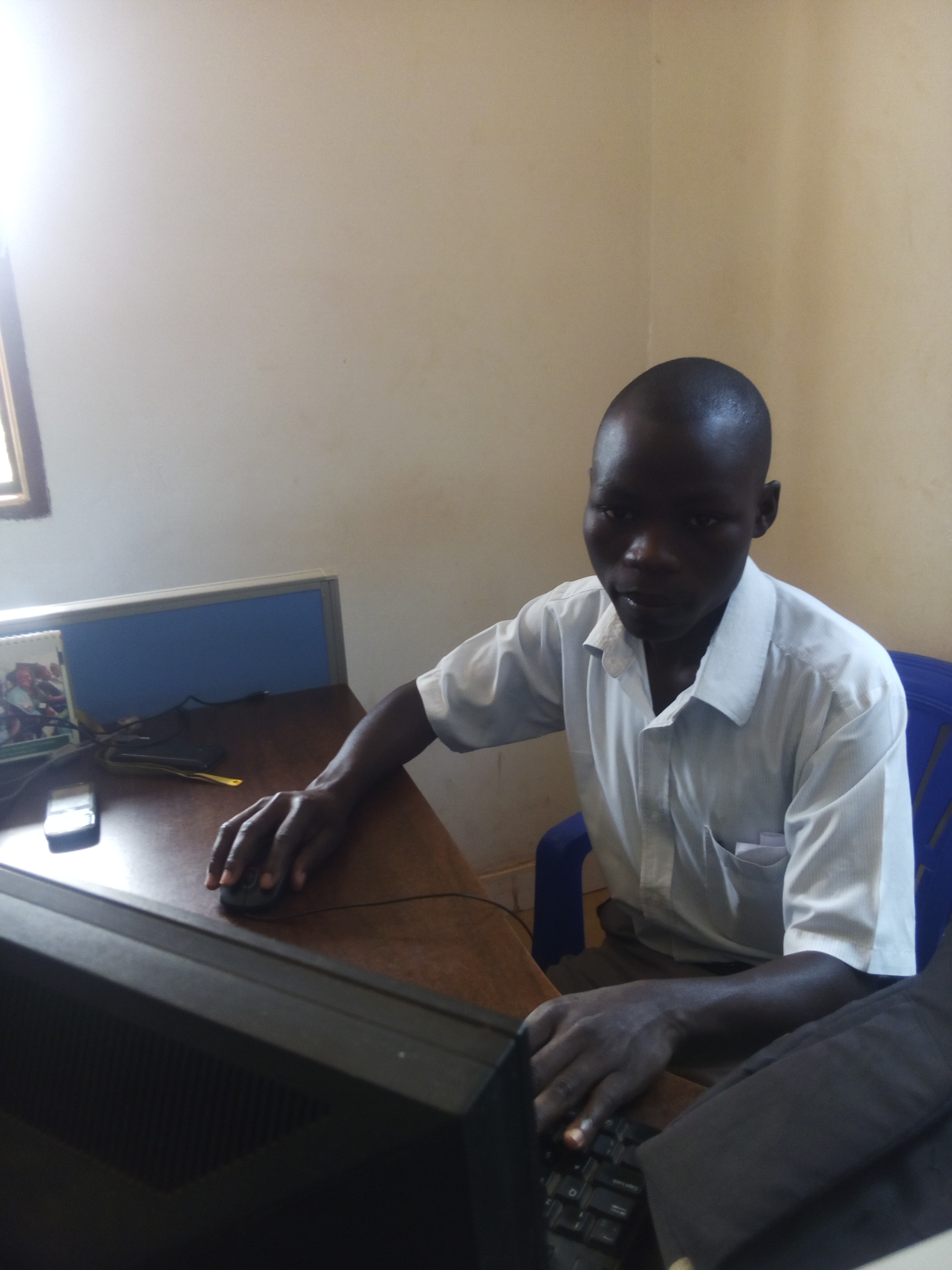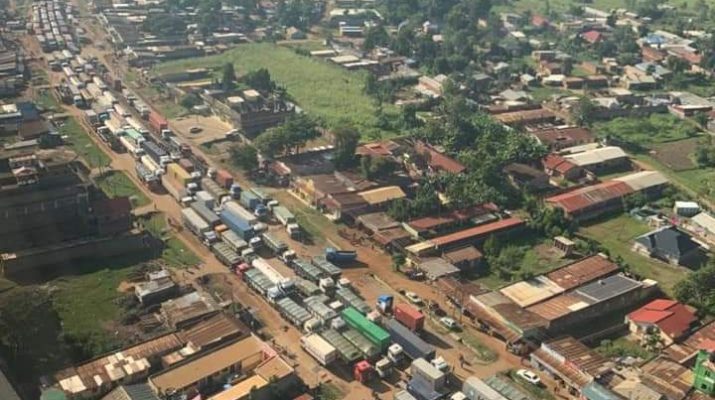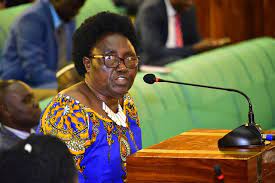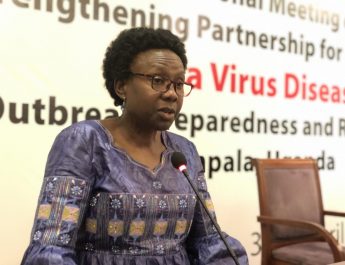PML Daily CORONAVIRUS UPDATE: Uganda’s COVID-19 infections reach 222 on Monday
Ten new cases of the Coronavirus (COVID-19) have been confirmed on Monday May 25 bringing the number of Ugandan nationals with the virus to 222.
Nine of the new cases are from points of while one is a contact to a previously confirmed truck driver.
Ministry of Health says the contact was under quarantine at the time of test.
The new cases were part of 1189 samples that were tested today.
According to the Ministry of Health, over 1500 people are under quarantine at 150 sites in the country.
Majority of the sites are located in the Northern part of the country.
A total of 30 truck drivers who tested positive for the virus have been handed over to home country authorities.
Minister of Health Dr Jane Ruth Aceng said it is risky for Uganda to treat foreigners because this was likely to strain health centres and also increase the risk of spreading the disease to Ugandans.
Scientists have also advised that it is too early to rule out community transmission of coronavirus disease in Uganda.
According to the World Health Organisation, community transmissions are cases of a disease that crop up within a community without a clear source or origin of an infection in the community.
The health ministry has tested over 18,400 people within different communities as part of the Rapid Community Assessment that was targeting 23,000 Ugandans.
So far, there are only four cases that have been detected during the survey bringing the number of cases from the communities to 12.
The first case from the survey was a police detective in Masindi believed to have come into contact with an infected person during his work.
The other was a female police officer working in Kyotera district near the Uganda-Tanzania border and a 22-year-old student in Rakai.
A 40-year-old man suspected to be a truck driver also tested positive, although efforts to trace his whereabouts are still ongoing.
This is in addition to the seven community cases were confirmed in March.
But the ministry still doesn’t know how five of seven cases ended up with the disease. Neither had they travelled to high-risk areas nor had contact with a confirmed case. Dr Aceng says that these were detected were sporadic cases who likely picked up the disease from people.

The News Editor ,Reporter at Kagadi Kibaale community Radio




